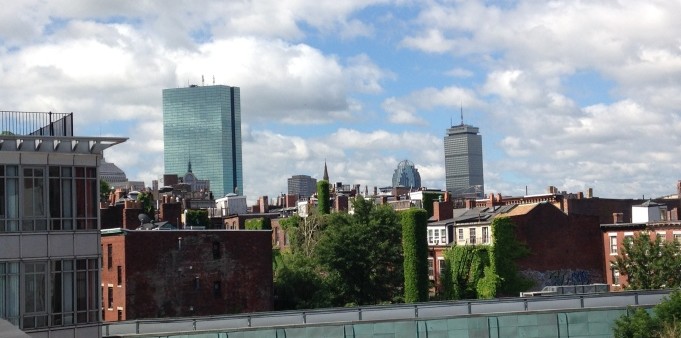British Columbia passed legislation in 2007 creating a carbon tax and refund system. BC’s system penalizes the bad (taxes greenhouse gas emissions) and rewards the good (reduce the tax on income).
At a forum on April 13, 2015 at MIT, BC government officials described the key elements of the system:
- Place a tax on all sources of carbon dioxide and methane (individual and corporate).
- Rebate every penny collected to taxpayers in proportion to the income taxes they pay. (Special provisions provide relief for low-income households.)
Over the past seven years, the popularity of BC’s carbon tax has steadily increased and the province’s greenhouse gas emissions have dropped 16%.
Residents and businesses were wary when BC instituted the original tax of $5 Canadian per ton of CO2. However, public approval went up when people got their annual rebate checks, even as the carbon price increased to $30 per ton of CO2 and equivalent amounts of methane (approximately $0.24 per gallon of gas).
BC’s Deputy Minister of Environment Michael Bernier said that public approval is now above 60 percent. Ross Beaty, a BC business leader, explained how BC has had high economic growth with the carbon tax. Christopher Knittel, an economist and the director of the MIT Center for Energy and Environmental Policy Research, said placing some sort of price on carbon is the most efficient way of reducing carbon emissions.
Massachusetts State Senator Michael Barrett, (D) Lexington, who has introduced similar legislation in Massachusetts, pointed out that since none of the money collected under this fee-and-rebate system is retained by the state, it is not a tax as defined by the Massachusetts Supreme Judicial Court. Politicians who have pledged not to raise taxes would be free to support the carbon fee-and-rebate.
British Columbia is a model of a workable and politically feasible way to put a price on greenhouse gas emissions. It is up to us to make it happen in Massachusetts.


Recently on Twitter